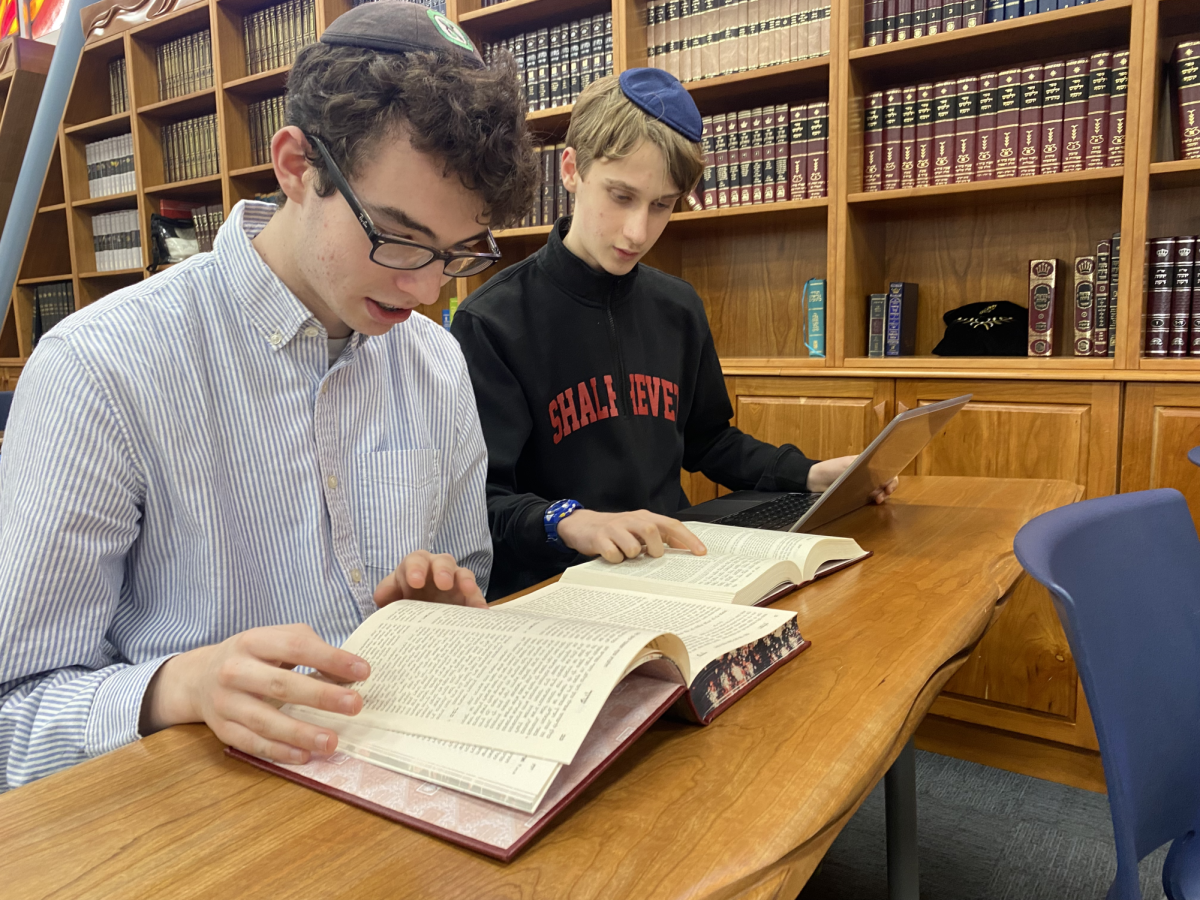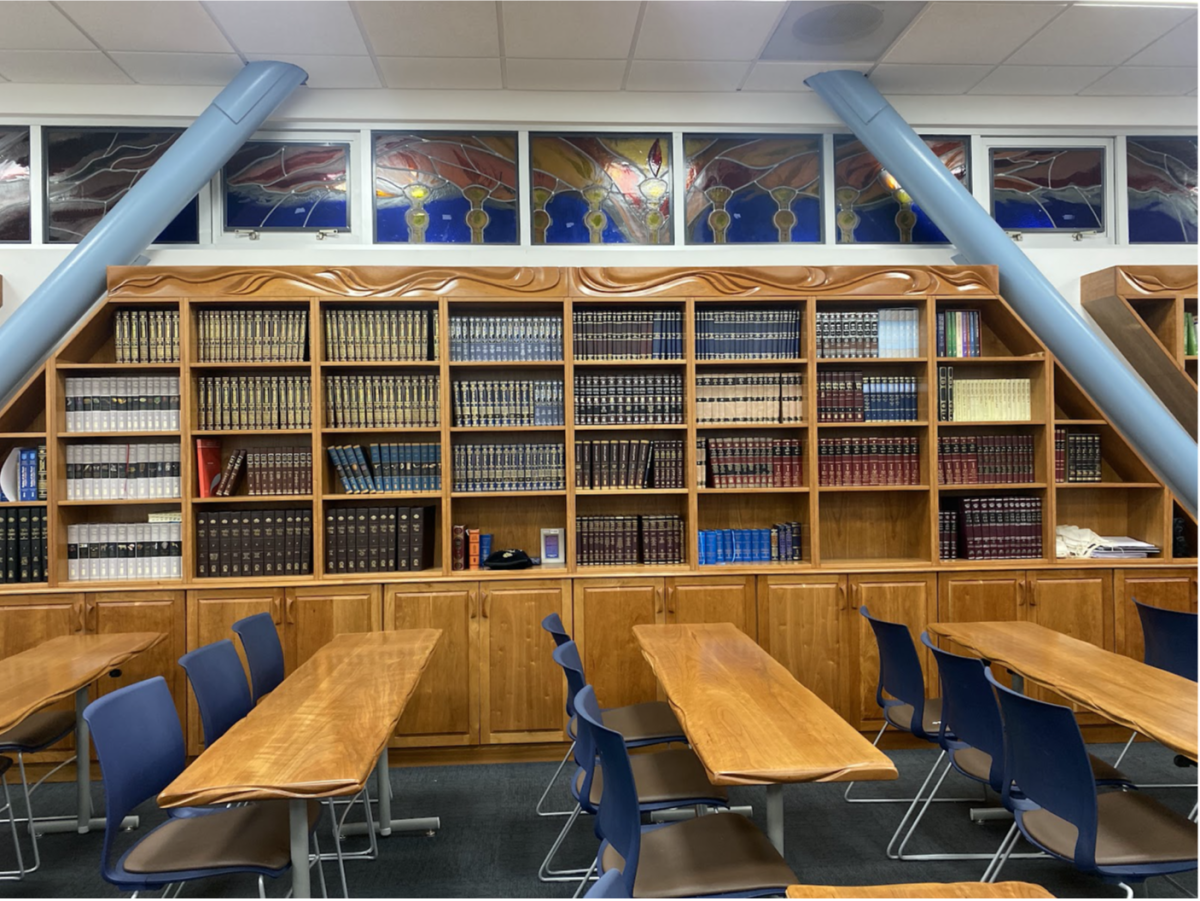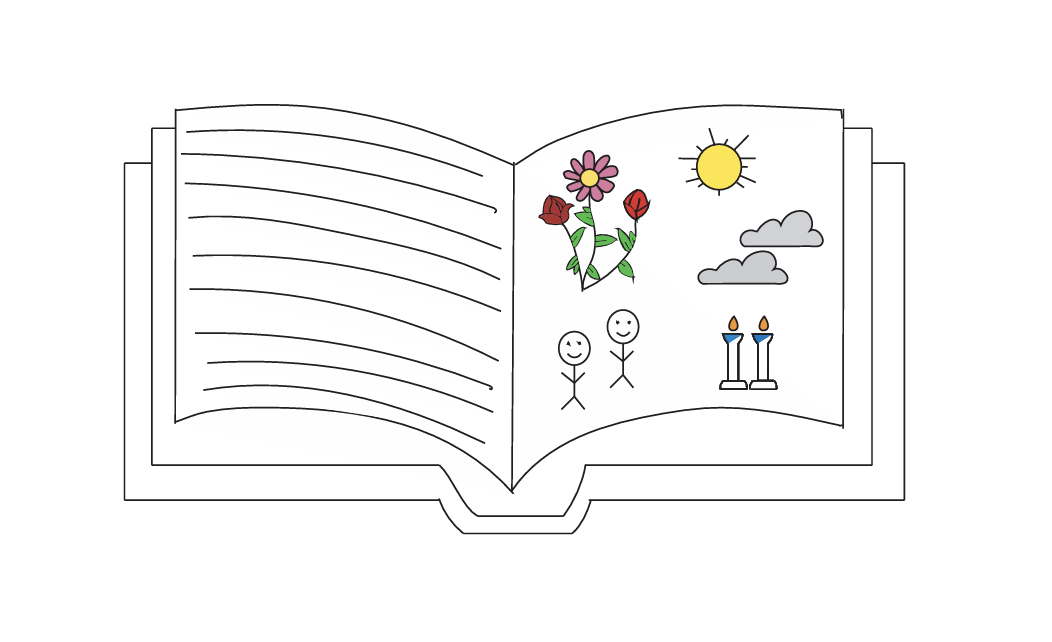In Parshat Vayigash, when Yosef hears that his father Yaakov is ill, he brings his children Ephraim and Menashe over to Yaakov to receive blessings. However, Yaakov doesn’t immediately recognize his own grandchildren and blesses them only after Yosef confirms that Ephraim and Menashe are his sons.
But why did Yaakov have doubts? How could he not have recognized his grandchildren? Rashi writes that perhaps Yaakov didn’t bless Ephraim and Menashe immediately because he thought that they were not worthy of his blessing. Perhaps Yaakov thought that since Yosef lived in Egypt as an Egyptian, his children were Egyptian too, and had adopted Egyptian customs.
Yaakov might have objected to their assimilation because he himself was born and raised as a Jew in Israel. And to have the children of Joseph, his favorite child, possibly look Egyptian might have offended him.
On the other hand, it’s possible that Yaacov gained further respect for his grandchildren when he learned that although they had lived in Egypt, they were still Jewish and kept the mitzvot.
As torah.org explains, quoting the Arizal’s and Kabalah’s commentary, we bless our kids to be like Ephraim and Menashe because even in exile they never lost their connection to Judaism. And just as Yosef had gone from being sold as a slave to becoming second-in-command in Egypt but still remained Jewish, it’s possible to keep the mitzvot and be assimilated in a secular society.
The problem is failing to balance assimilation with Jewish practice, and it has consequences. After Yosef’s death, the Jews in Egypt were not able to manage this balance because Yosef had been their connection to the secular world. As a result, the next parsha says that a new king arose in Egypt who had not heard of Yosef. This king hadn’t connected Yosef with the Jewish people and looked down on the Jews because they had withdrawn from Egyptian society.
Thus this parsha illustrates that a person can find a balance between living outside of Israel and being Jewish. We can live in America, keep kosher and celebrate Thanksgiving, or leave our Chanukiah by our window without feeling embarrassed. We can wear a kippa at a Dodgers game or when hanging out at Starbucks after school. And if we can’t maintain the balance, then either we will lose our connection to Judaism or to the country in which we live in.







Eddie Saff • Dec 24, 2020 at 6:47 pm
This is a very nice dvar Torah 🙂